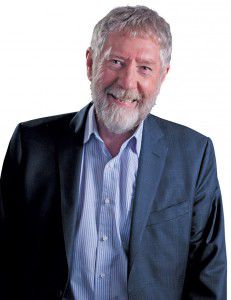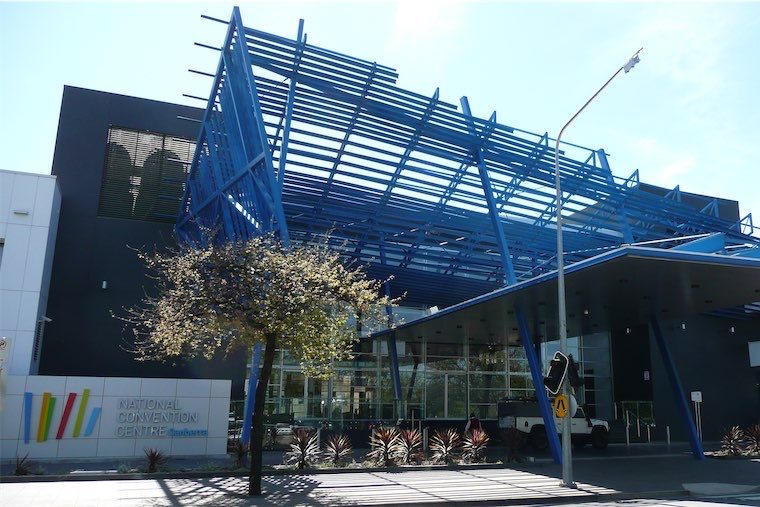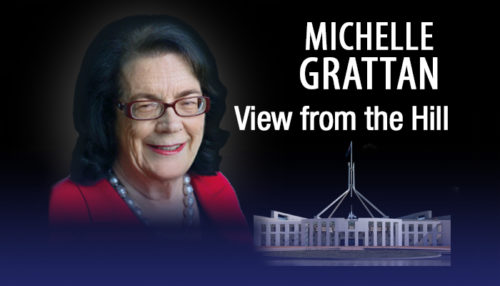MY work has taken me to Cuba. It would not have been high on my bucket list had this not been the case. However, I am finding fascinating the politics, this new era of thawing relations and the extraordinary impact of the many years of embargo.

They would do well to look at better control of tobacco. Smoking is allowed in restaurants and many other enclosed spaces. Cigarettes are very cheap. Even in public health circles, tobacco reform is not received particularly well in a land renowned for the cigar. Seat belt rules seem non-existent.
In economic terms, it is clear that the years of embargo from the West have had a significant impact. However, better health outcomes for the Cuban community have been achieved by concentrating on the health system and on issues outside health, such as equity, education, social justice, housing, transport and fiscal policy.
The Cuban primary healthcare system is second to none with a high ratio of general practice to community members. Its hospital systems run efficiently and effectively.
Education of medical practitioners and other healthcare professionals has been a priority for the government from within a year of the socialist revolution.
Cuban life expectancy, at around 79 years, is the same as the US. However, Cuba spends nearly twenty times less per capita on health compared to its capitalist neighbour.
While the Australian response to the West Africa Ebola crisis was incredibly slow, the Cubans sent a team of more than 200 doctors, supported by other health professionals, to assist people on the ground. Its medical competency is illustrated by the fact that none of these medical professionals died from an Ebola infection.
It is not the only way that Cuba assists other nations. From the 1960s the Cuban government has been running medical and other health education for developing countries across Latin America and for many countries in Africa.
A cynic may well see this as simply soft diplomacy, a modern form of missionary care from the colonial era. Fidel Castro was an internationalist – his socialist ideals competing with American cultural imperialism.
Even so, I listened to officials from country after country from the African and South American continents acknowledging the role Cuba has played in delivering better health outcomes and health reform in their countries. A few examples include Chile, Argentina, El Salvador, Zambia, Ethiopia and Brazil.
Apart from all the medical doctors trained in Cuba, around 5000 Cuban doctors are currently working in regional, remote and indigenous communities in Brazil, which has been unable to train and deploy enough medical practitioners within its own systems to meet this need.
Investment in prevention has been a priority for Cuba, which prepares many of its vaccines and claims a 100 per cent child-vaccination rate – a gold medal in world terms. Although Australia is doing quite well, matching this achievement would be a great challenge in our community.
Australian investment in preventive health was slashed in the last budget. Primary health care in Australia is the subject of current reform with the move from Medicare Locals to Primary Health Networks.
The numbers have been halved with just a single Primary Health Network being commissioned for the entire non-capital city areas of both SA and WA.
On all statistical measures for wellbeing and life expectancy, Australia is doing much better than Cuba. Considering our resources, this should not be surprising. However, as embargos are lifted for them and as our lifestyle chronic diseases, caused by overweight and obesity, grow we would do well to look carefully and to learn – even if from unexpected sources.
Michael Moore was an independent member of the ACT Legislative Assembly (1989 to 2001) and was minister for health. He is CEO of the Public Health Association of Australian and president-elect of the World Federation of Public Health Associations.
Who can be trusted?
In a world of spin and confusion, there’s never been a more important time to support independent journalism in Canberra.
If you trust our work online and want to enforce the power of independent voices, I invite you to make a small contribution.
Every dollar of support is invested back into our journalism to help keep citynews.com.au strong and free.
Thank you,
Ian Meikle, editor





Leave a Reply